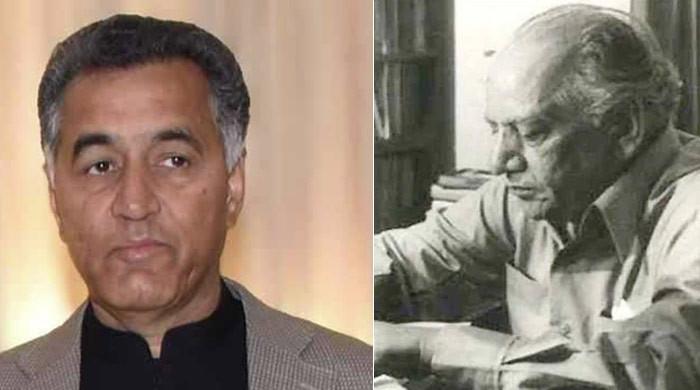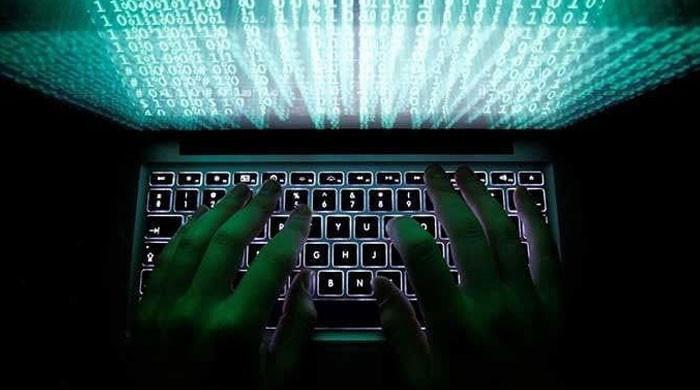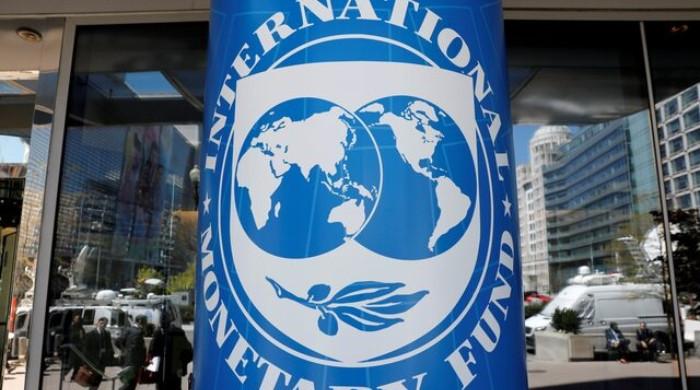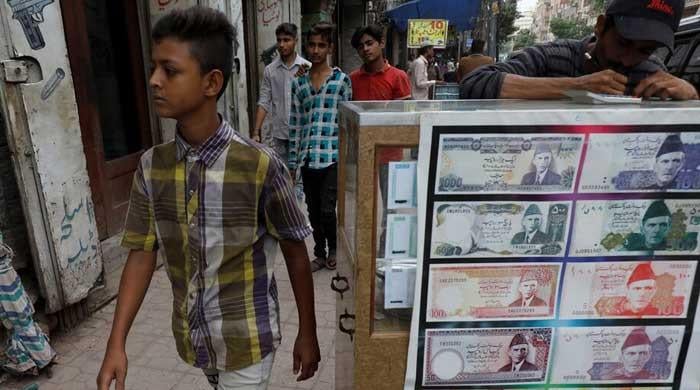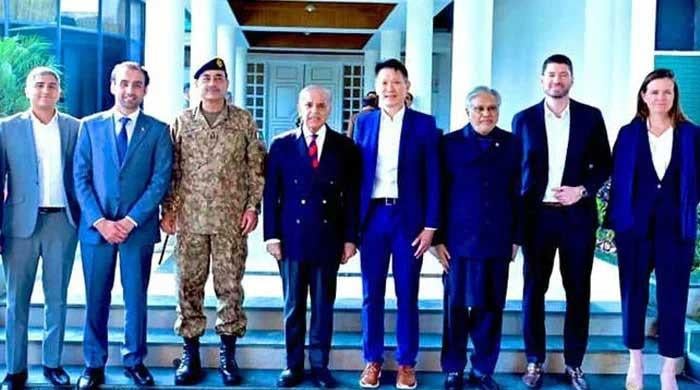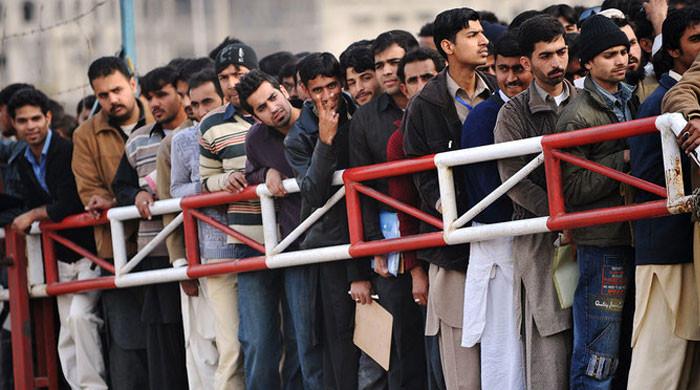Never gave Afghan security forces a chance to build capabilities, say former British army officers
Some commentators believe that there is a disparity between what Taliban spokespersons are claiming in Doha and what their soldiers are enacting on the streets of Afghanistan
August 25, 2021
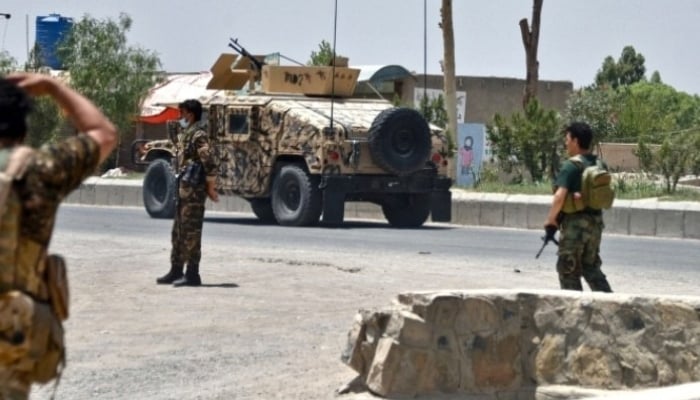
On August 18, while the British Members of Parliament (MPs) discussed the unfolding situation in Afghanistan, people gathered outside in the Parliament Square. In a peaceful but deeply moving protest, former Afghan interpreters stood alongside sympathetic British Army veterans and British civilians to call on the government to bring those left behind safely to the United Kingdom.
A prominent voice among the protestors was Major (retired) Andrew Fox, who has been interviewed frequently by national media in recent days due to his military experience in Afghanistan.
While Afghan flags are being replaced in Afghanistan with the Taliban’s black and white standard, the colours of black, red and green were paraded proudly outside the Parliament alongside emotive slogans like, “Protect our loved ones” and “Do not leave anyone behind.”
Andrew, in conversation with Geo.tv, explained how he was deployed on Operation Herrick 6 and 8 as a platoon commander in a ground-holding capacity in Helmand Province. He was later deployed on Operation Herrick 11 as a liaison officer to the US Army Special Forces, training commandos in the Afghan National Army (ANA) and conducting strike operations around the south of Afghanistan.
When asked about the timing of the withdrawal of troops, Andrew said that it was “inevitable” but that his concern is “with the manner in which the withdrawal was conducted. Rather than slowly hand responsibility for air support and logistics over to the Afghan National Security Forces (ANSF), we (the USA) simply dropped them and ran. They never had a chance to build their support arms capabilities to the point where they could realistically fight on their own.”
Back in 2013, the NATO produced a media backgrounder which stated that the “sustainment of a sufficient and capable ANSF post-2014 is the responsibility of the Government of the Islamic Republic of Afghanistan supported by the International Community.” This community consisted of nations belonging to NATO and the International Security Assistance Force (ISAF).
Many of the troops that supported ISAF in training the ANSF left in 2014 when the mission was completed. This was succeeded by the Resolute Support Mission (RSM), which aimed to further train the Afghan security forces, but this was disbanded earlier this year. According to NATO, ISAF functioned at its peak with 130,000 troops compared to 16,000 troops with RSM.
Despite Andrew’s reservations about the manner of withdrawal, he does not believe that US or UK troops can be committed to further assistance within Afghanistan.
“We are already at the limit of what we can realistically fit into Hamid Karzai International Airport,” said Andrew, “the situation in Kabul is not sufficiently permissive to allow anything more without significant combat operations to ensure force protection in transit around the city.”
Indeed, given that the Taliban has not been contained through military operations, countries must now consider what options they have in dealing with the new regime. How should governments deal with the Taliban diplomatically? Should aid be funnelled through to the Afghan people and through what means?
But, many remain hesitant to recognise the Taliban and are sceptical of claims by Taliban spokespersons, which include that people should not fear any acts of vengeance and that women will be allowed to continue to work and be educated.
“The contents of their press conferences in no way tallies with reports from the ground,” claimed Andrew, “the Taliban are hunting door-to-door those who worked with ISAF or who are associated with the government. They have murdered ANA commandos.”
Attacks on Afghans who formerly supported coalition forces have led to a reversal of decisions which originally prevented some Afghans from relocating to the UK. Those Afghans formerly employed by the UK who have, to date, been left behind have made harrowing pleas for help as they fear that the Taliban will take revenge for their support of Western forces.
In light of these attacks and the quelling of protests achieved by Taliban firing overhead to maintain public order, some commentators believe that there is a disparity between what Taliban spokespersons are claiming in Doha and what their soldiers are enacting on the streets of Afghanistan.
For Andrew, such claims are “simply an information operation to try and persuade the rest of the world not to interfere whilst they carry out reprisals.”
The head of the British Army, General Sir Nick Carter, called for patience in an interview with Sky News recently. Though he reiterated that transgressions by the Taliban against the Afghan people will not be tolerated, we must wait and see how they will govern. To date, he suggests that the Taliban have supported the UK’s evacuation procedures and maintained calm and security amongst the people.
With regards to the issue of whether foreign governments should accept Taliban rule, Andrew suggested that this is “probably a question for a time when we have completed our non-combatant evacuation operations. We need the Taliban onside right now, so we can get our people out as peacefully as possible.”
On the same day as the protest, MPs who had served with the British Army in Afghanistan made impassioned and personal speeches, sharing their worries for the future of the country and its people.
Andrew’s feelings for the future, as a veteran, are similarly “somewhat gloomy.” His “only hope is that, after 20 years of relative freedom and a huge expansion in literacy and education of women, Afghans will chafe under Taliban rule and will seek to overthrow them internally.”
Andrew’s feelings, which echo those of many veterans, are understandable given the loss of life of many thousands of Afghans and troops. The Taliban have regained control in a matter of days following decades of struggle.
Once foreign countries have secured the safe passage of their own nationals, they must decide how they will proceed. It is not yet clear how inclusive Afghanistan’s new regime will be or how it will govern. However, governments will have to consider whether it is more beneficial for the Afghan people and regional stability to attempt to bring the Taliban in line with international standards or to impose sanctions and support potential opposition elements.
The writer is a researcher in the UK and is soon to begin her PhD. She tweets @MaryFloraHunter




